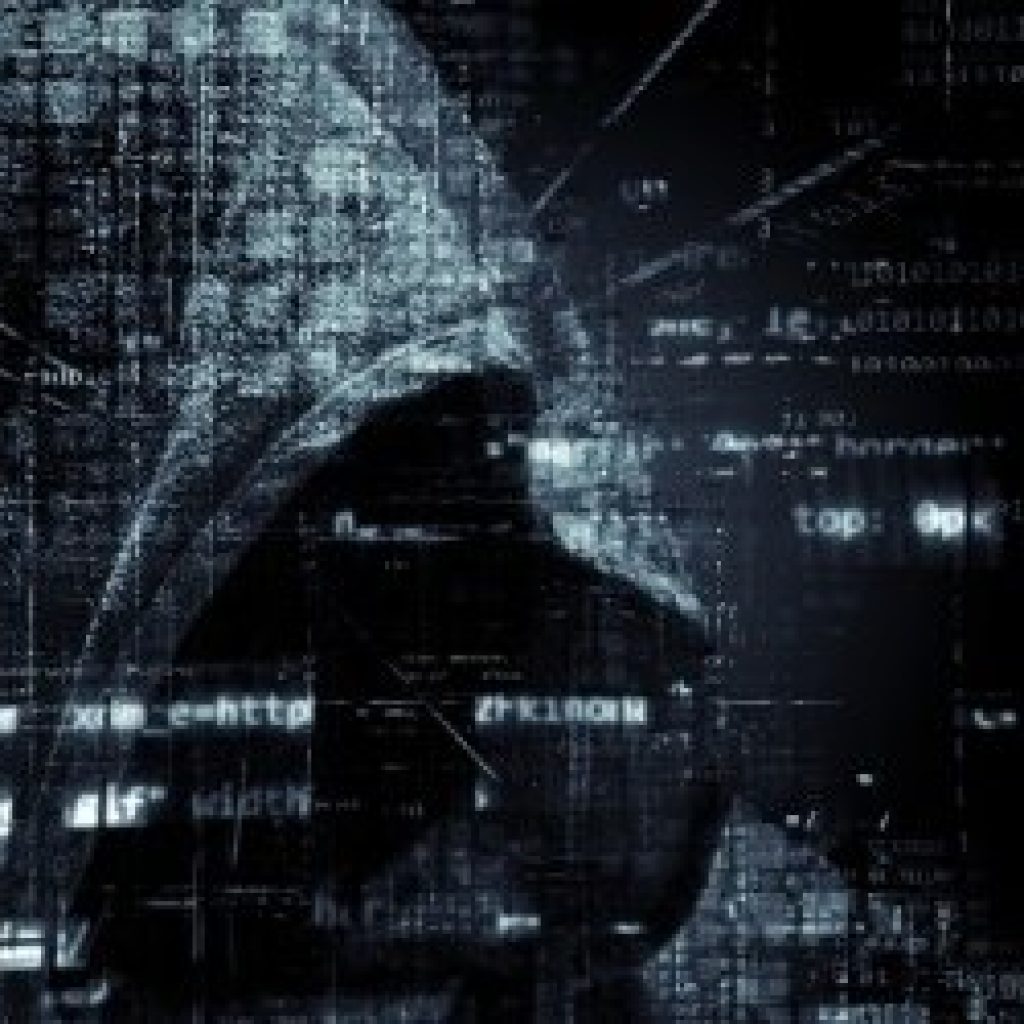(SCMagazine) many current security systems use protocols based on mathematical problems, such as integer factorization, which could be easily cracked by quantum computers of the future. This is a major concern that could have a devastating impact because it encourages cybercriminals to harvest data traffic with the hope of decrypting the information when the technology becomes available to do so. This becomes an even more serious threat at a time when data confidentiality must be maintained for several years as mandated by data protection regulation – especially as it is now feasible to store large volumes of information.
The issue is leading to the development of a number of information security techniques that take advantage of quantum cryptography, such as quantum key distribution (QKD). QKD, an alternative approach to cryptographic key establishment, relies on sending and detecting quantum (light) signals, as well as conventional data about measurements and settings, to distil a secure key. In relies on the fact that it is possible to detect interference with quantum communications.
One important aspect of QKD implementation security is the standardization process. As part of this, it is essential to define best practices to operate QKD systems to minimize the risk of inadvertently opening a door to attackers. ETSI has established an Industry Specification Group (ISG) for QKD. The group brings together important actors from science, industry and commerce to address standardization issues in quantum cryptography and associated quantum technologies.
Cybercriminals May Harvest Traffic Data Now & Save to Decrypt When Quantum Tech Is Available
